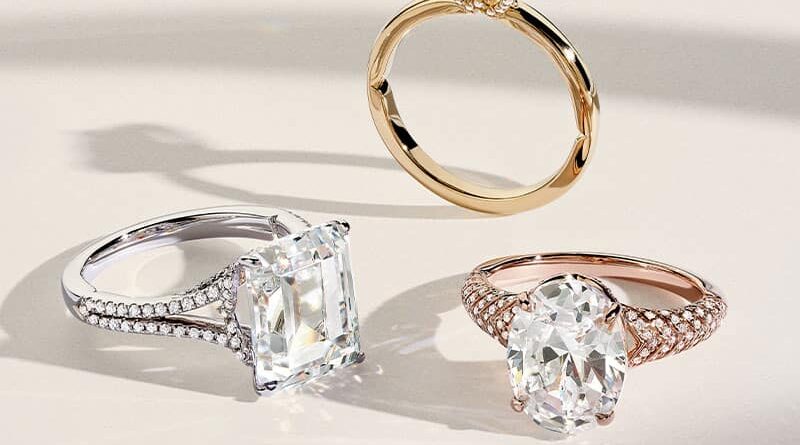Whether you’re in the market for beautiful earrings to last a lifetime or you’ve finally found that special someone, buying high-quality jewelry is a must. But what considerations should go into purchasing such a statement piece? Looking into the characteristics of a diamond is crucial, from cut to clarity. Having a solid understanding of how diamonds are graded, priced, and sourced can make a considerable difference in the pricing of the piece you’re looking to buy.
To help get you started, here Live Enhanced explore a few things you’ll need to consider before buying diamond jewelry:
Naturally sourced or lab-grown?
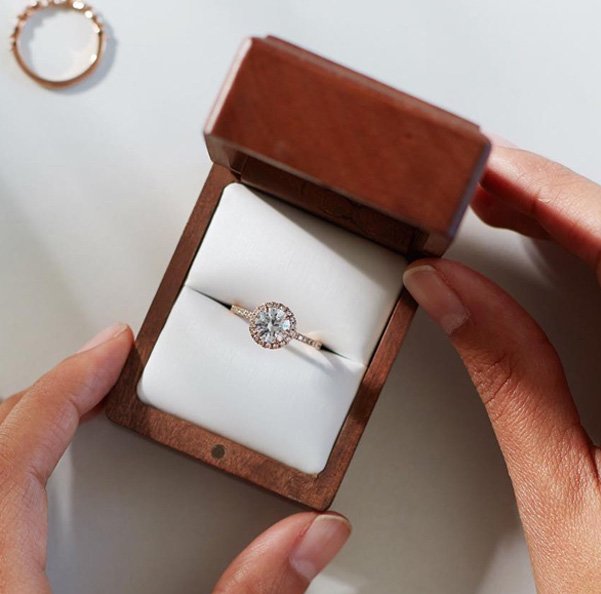
source: brilliantearth.com
While both of these diamonds are considered real, few characteristics set them apart. As the name explains, lab diamonds are artificially created in a laboratory. Natural diamonds consist of those diamonds mined from within the earth. From most other perspectives, lab diamonds look and feel just as a natural diamond would. Despite the similarities, there is a notable difference in price, desirability, and resale value of st thomas jewellery.
When choosing between a natural or lab-created diamond, price is a significant influence. Lab diamonds cost approximately 30% of the natural diamond price. Additionally, the sustainability of natural diamonds is increasingly more difficult. Finally, natural inclusions (invisible to the naked eye) are found within lab-grown diamonds that simply don’t exist with genuine diamonds.
Sourcing of the Diamond
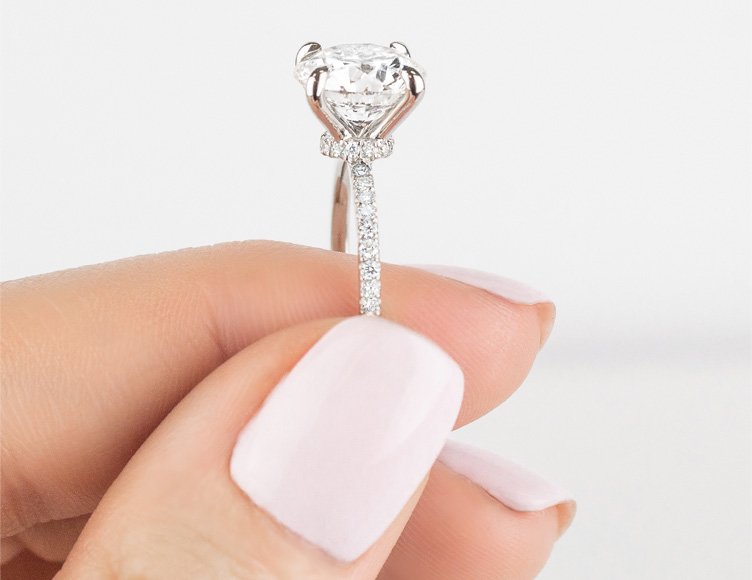
source: brilliantearth.com
Although we’d all like to secure a beautiful piece, diamond mining isn’t always the most accessible industry. Unless the jeweler takes steps to source stones ethically, many suppliers fund the inhumane treatment of those who work the mines (often unintentionally). These hardships include extreme poverty, debilitating working conditions, child labor, and torture. Many militias and wars use diamonds and other gemstones to fund wars, earning the name of “blood diamonds.”
All consumers need to consider the source of the jewelry they’re buying to ensure it has been traced to ethical mining conditions. These conditions promote healthy, sustainable working conditions for workers, positive community enhancement, and clean supply chains. Brilliant Earth reviews highlight the strong connection the company has with the conflict-free approach to diamond supply. The company also believes in giving back to the community and promoting environmental mining techniques. These features should be high on the priority list for buyers.
Diamond Carat
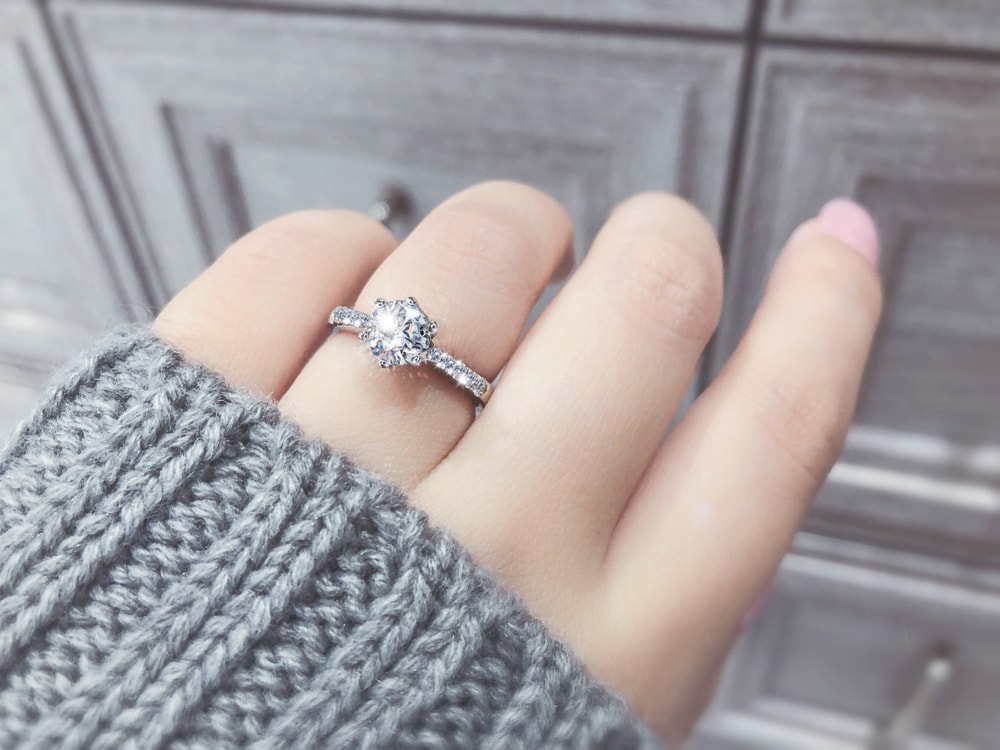
source: jewelryshoppingguide.com
The carat of a diamond is the overall weight. The carat defines the price someone is going to pay, divided into 100 equal points. One carat is 100 points, is regarded as the best. The diamond’s weight is different from the size of a diamond, with an average diameter of 6.5 mm.
Clarity of a Diamond
The clarity is an indication of the inclusions or flaws found within the diamond when examined under magnification. Exceptionally flawed diamonds will not sparkle as much as a flawless diamond. These diamonds have a varying scale, including S1-S2 (slightly included), VS1-VS2 (very, very slightly included), and IF (internally flawless). Exceedingly rare (and highly expensive) are truly flawless diamonds. These diamonds are rated F and aren’t typically found in jewelry stores.
Color of a Diamond
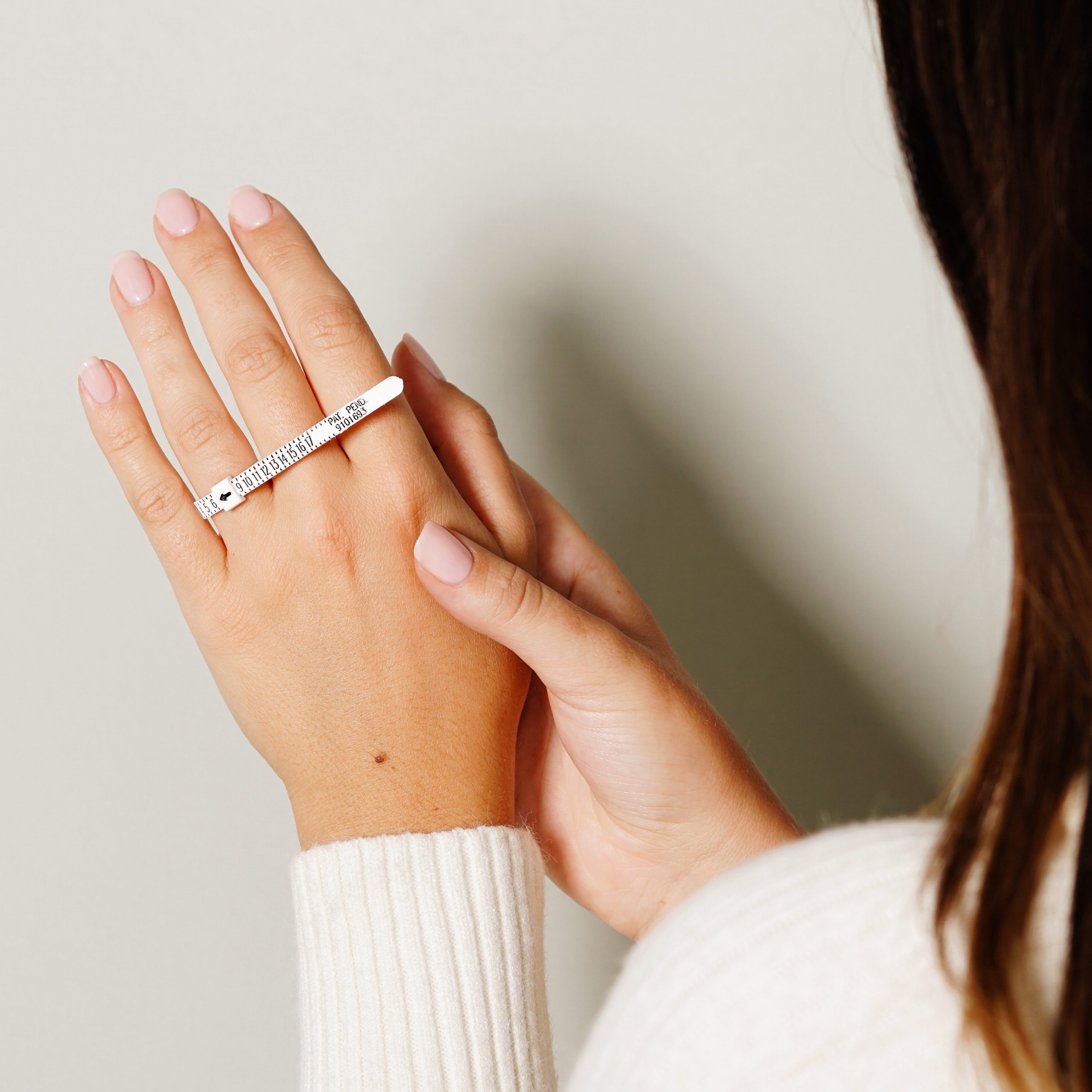
source: brilliantearth.com
Generally speaking, most diamonds have a slight tint to them, often with a yellow undertone. Truly colorless stones are scarce and come at an exceptionally high price. All diamonds grade on an alphabetical system, with D ratings being colorless, down to J (marked as near colorless). The various grading has no bearing on flaws.
Cut of a Diamond
The cut of a diamond is ultimately the most important consideration when purchasing a diamond. Ratings vary between excellent or ideal down to lower grades. A poorly cut diamond won’t shine or sparkle as much as a well-cut diamond, as the light struggles to bounce through the stone. In fact, a well-cut diamond well can offset any imperfections within the stone (such as coloring or lower clarity) and hide any flaws.
The occasion for the jewelry
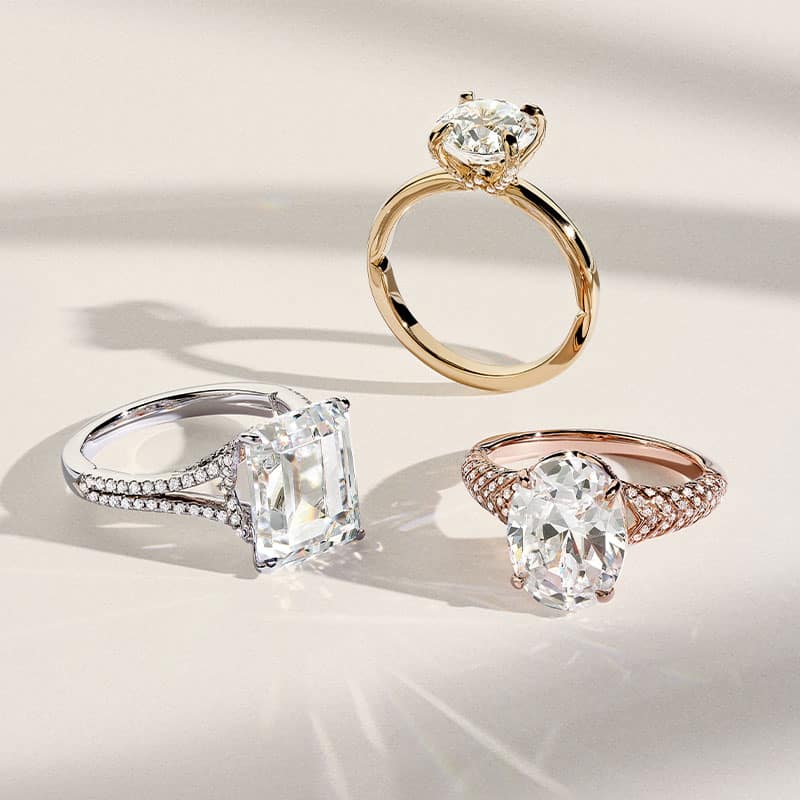
source: honestbrandreviews.com
Often overlooked, the occasion for the jewelry is another critical consideration when purchasing new jewelry. Many times, the excitement of the event overtakes the purpose of the piece. For example, engagement rings are often purchased using personal preference, despite being given to a partner. As much as the giver might love the ring, if it isn’t of the recipient’s unique taste (too many stones, yellow gold instead of white), it may not be an ideal match. That’s not to say the recipient won’t adorn the ring (as most will wear any token of love), but finding the perfect setting is just as important as the diamond itself.
Before buying an engagement ring, consider looking through any current jewelry your partner has. Are they singular pieces with stand-alone gemstones? Does your partner prefer elaborate necklaces with many accents? Always try to match the ring to the pieces they already have. Likewise, it’s essential to consider the profession or employment your partner has. If they work with their hands, consider something minimal yet impressive, over loud singular pieces.
The occasion for the jewelry
Often overlooked, the occasion for the jewelry is another critical consideration when purchasing new jewelry. Many times, the excitement of the event overtakes the purpose of the piece. For example, diamond engagement rings are often purchased using personal preference, despite being given to a partner. As much as the giver might love the ring, if it isn’t of the recipient’s unique taste (too many stones, yellow gold instead of white), it may not be an ideal match. That’s not to say the recipient won’t adorn the ring (as most will wear any token of love), but finding the perfect setting is just as important as the diamond itself

